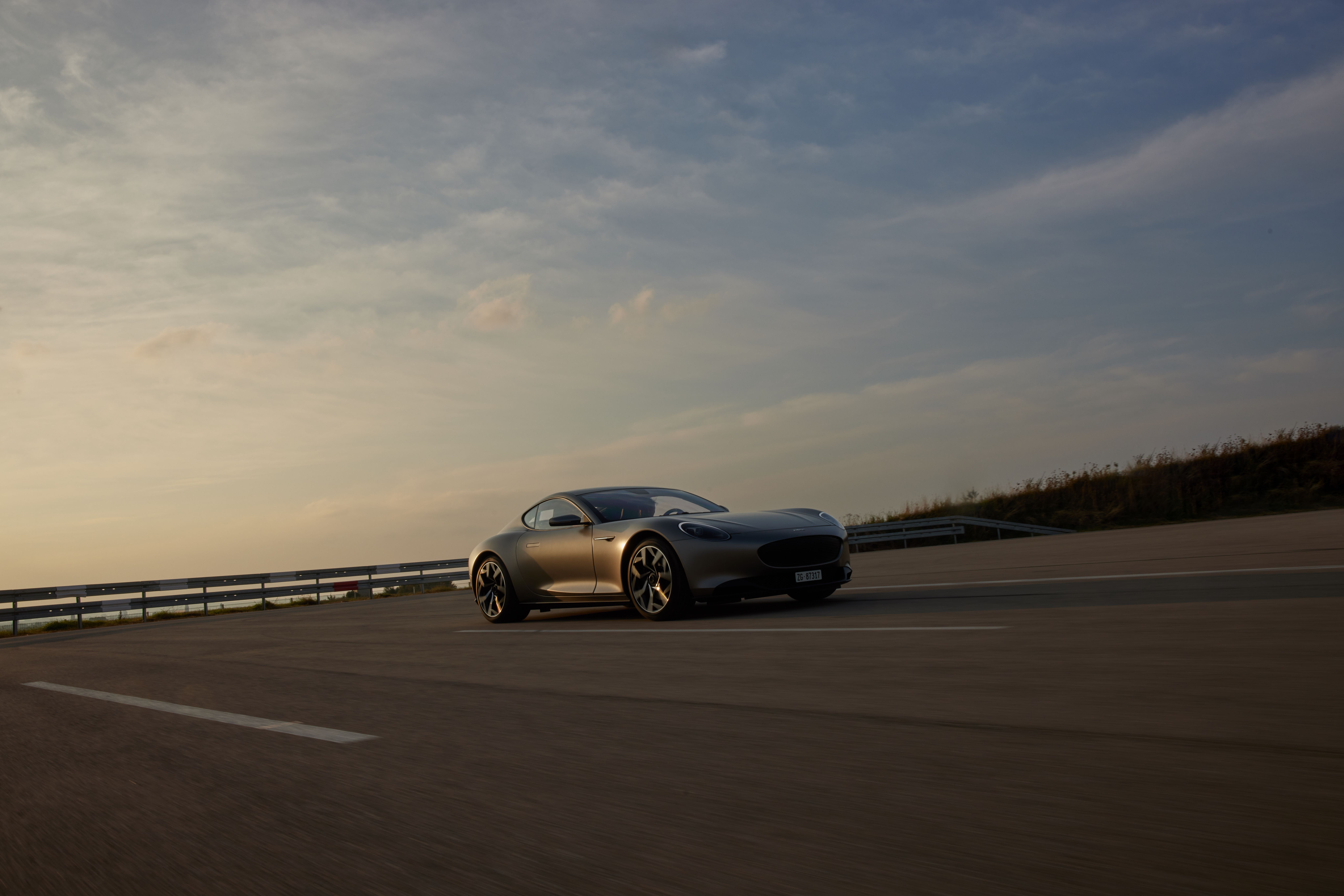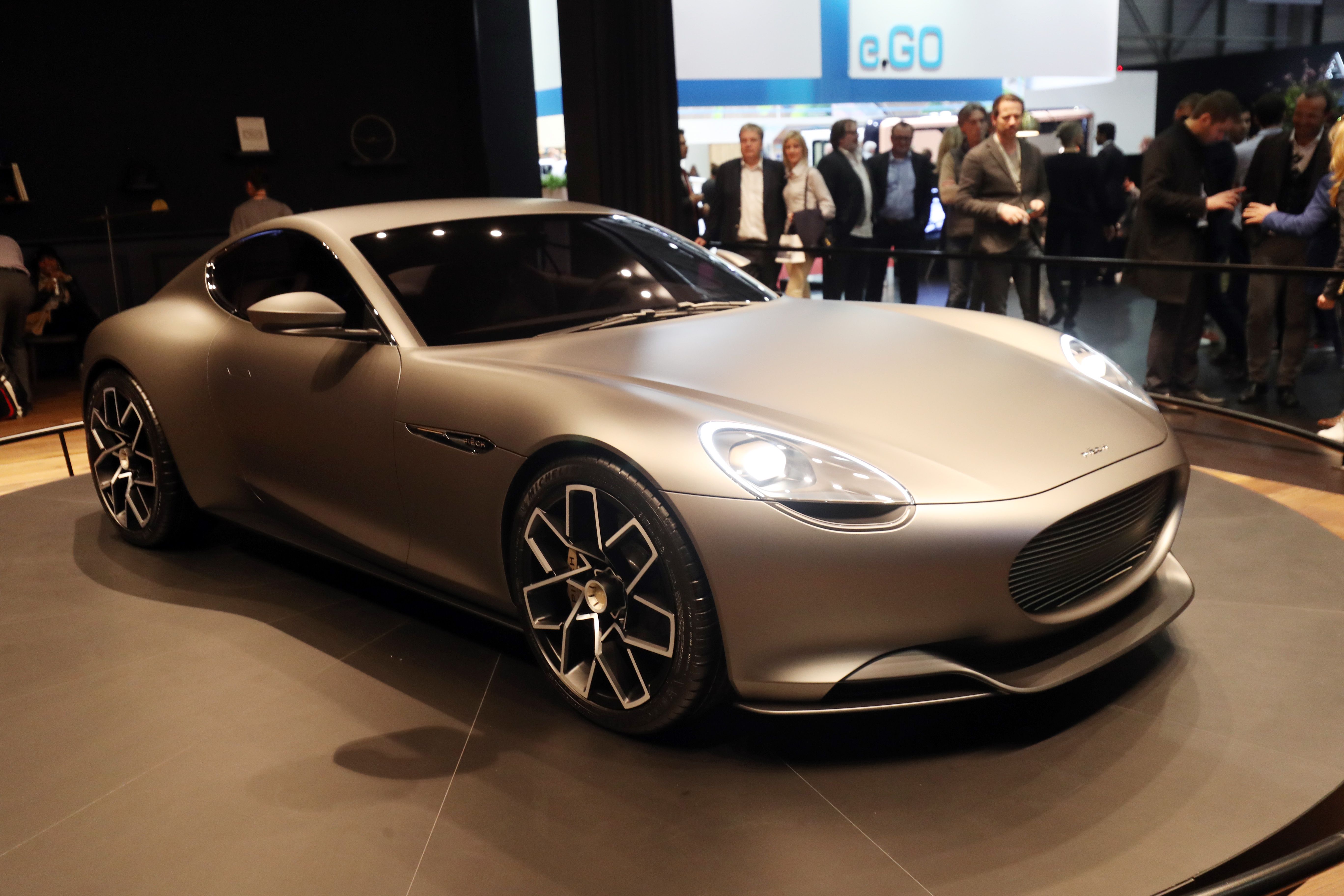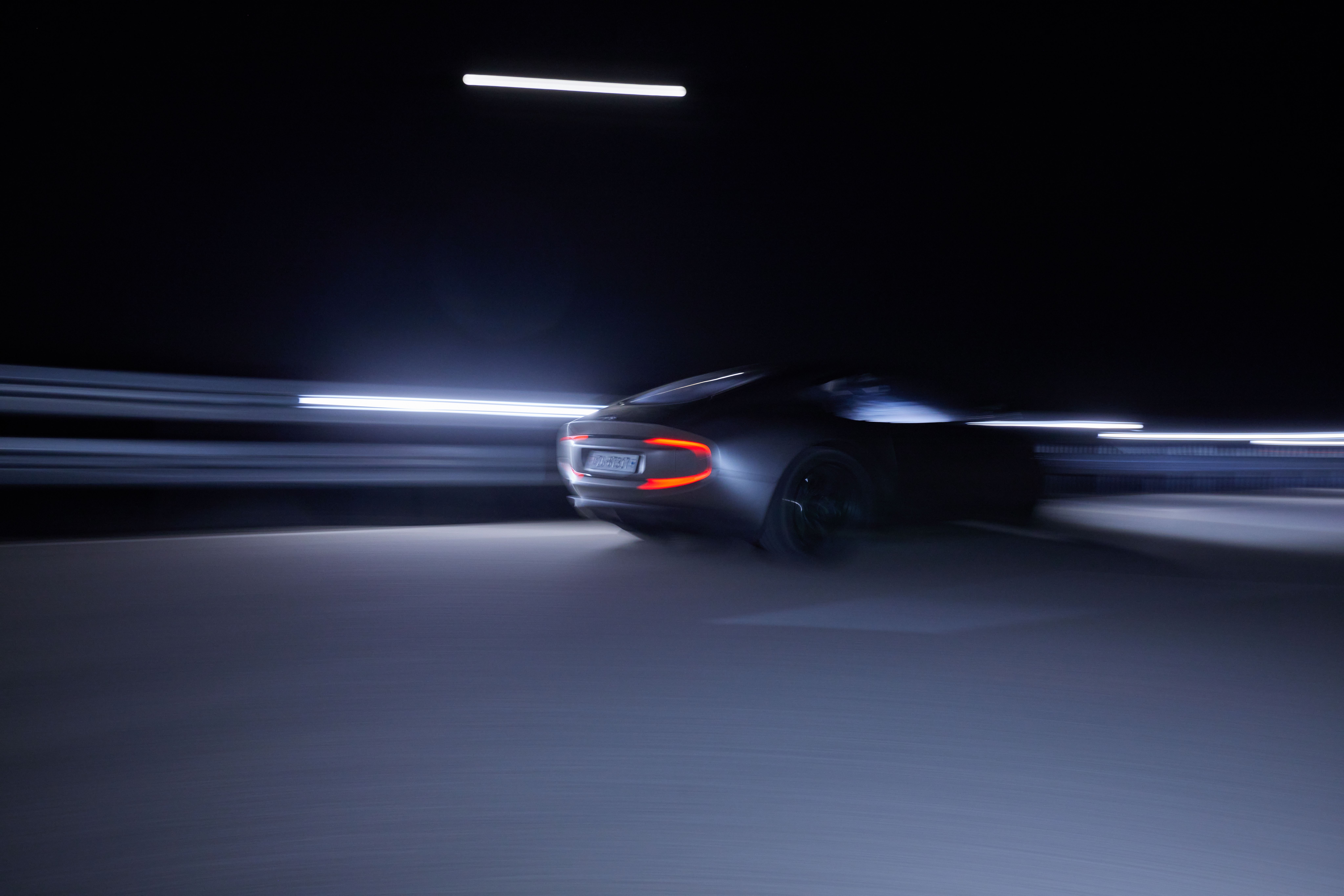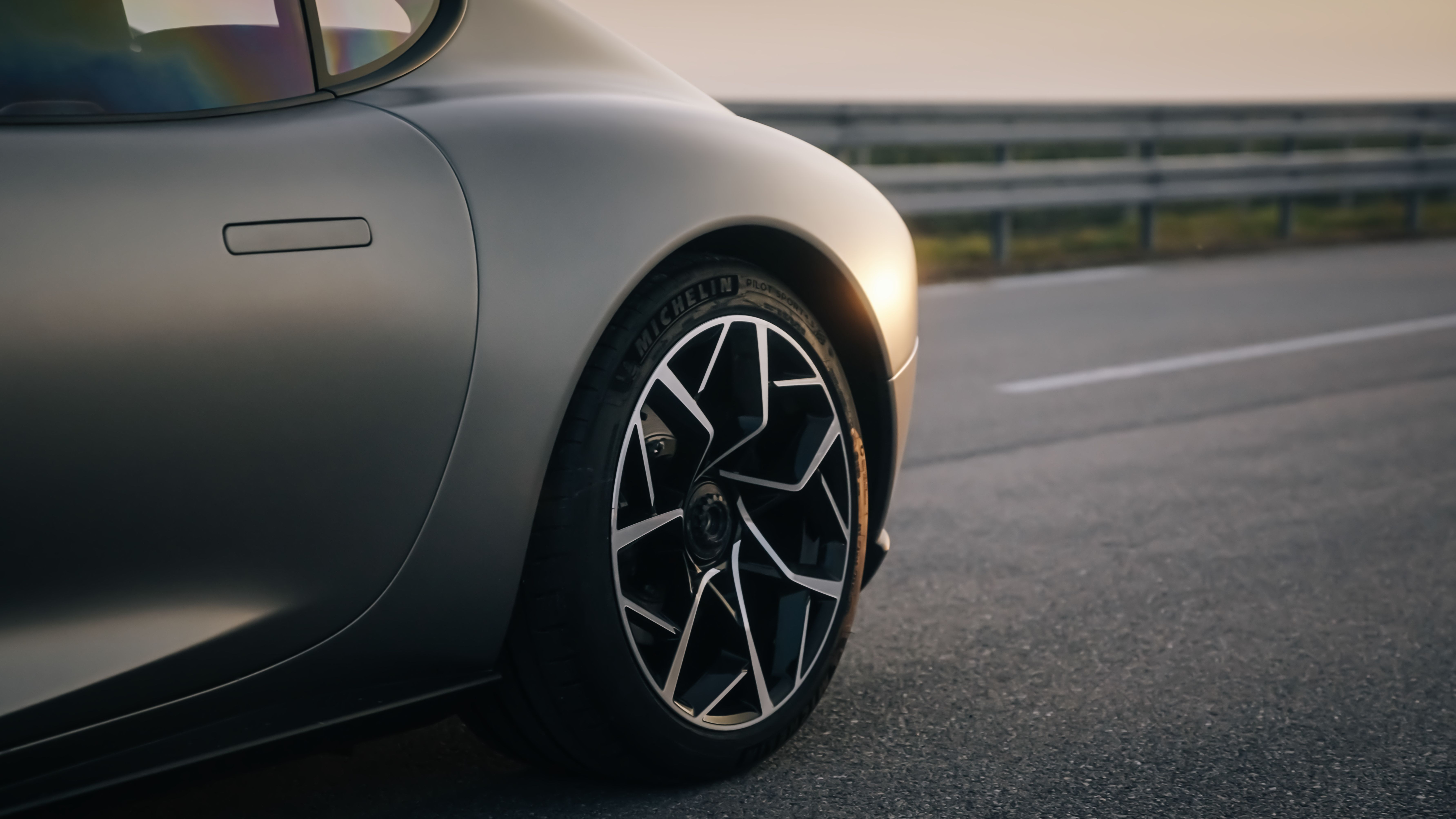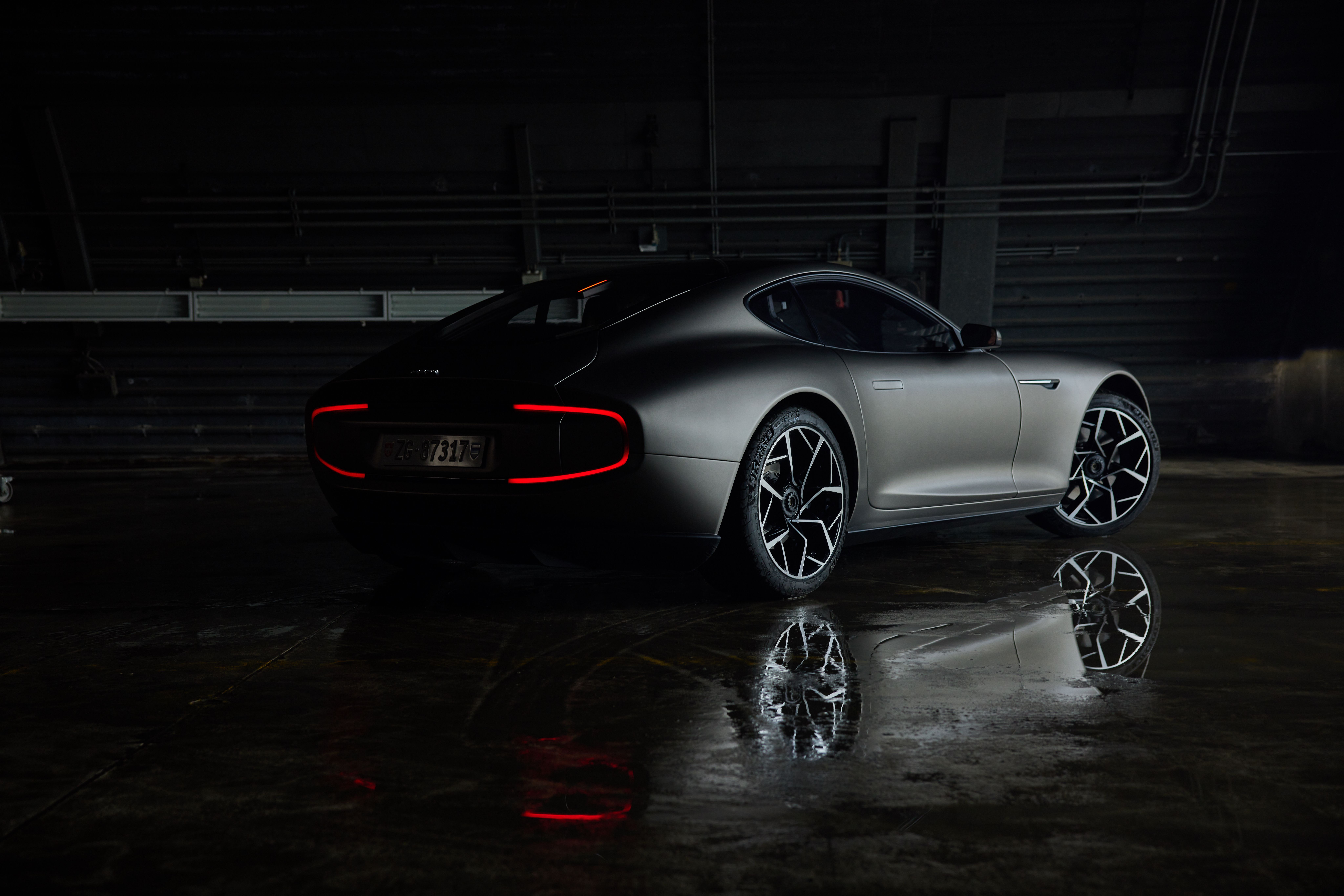Piëch Automotive are a bespoke manufacturer of electric automobiles founded in 2017 by Anton Piëch. The automaker has revealed new details about their upcoming GT, which is all set to hit the market in 2024.
The Swiss startup previewed the model's concept, christened the Mark Zero, at the Geneva Motor Show back in 2019. Now, the car is finally undergoing testing at the Piëch Engineering GmbH’s facility in Germany, in order to ratify all project details.
Overview
The company’s name, Piëch may not be a familiar one, however, its founder Anton Piëch, is the son of Ferdinand Piëch, who was a prominent figure at the Volkswagen Group and its related brands. Ferdinand was the CEO of the VW Group until 2015.
After the car’s debut in 2019 followed by several challenges that the company had to endure amidst the pandemic, the start-up was able to obtain the necessary funding to begin the development of the new zero-emission coupe. The GT will be the first of three models to be introduced by the Zürich based automaker with an SUV and a sedan to follow suit.
Design
The lines and proportions that we see here on the car, remain unchanged from the prototype seen in Geneva. From some angles, while the GT might have proportions that are quite close to the Porsche 911, you can’t argue with the fact that the overall design is considerably more comparable to that of an Aston Martin.
Unlike most EVs, the GT has an aesthetic that is unmistakably typical of that you’d find on a gas engined sports car. Be it the long hood, the big grille, or that stubby tail. Other elements that like the front headlights for example are comparable to those you’d find on the most recent Astons. The rear lights though, have a simpler and cleaner design in addition to the existence of the glowing “C."
Performance
This is where things get interesting. The modular platform on the GT allows for the use of three synchronous motors, each of which produces 204 horsepower, with one upfront and two at the rear. Their combined power output is 612 horsepower. The GT can get from 0 to 62 mph in under three seconds and reach 125 mph in less than nine. The 75 kWh batteries are not positioned under the floor pan, instead, they follow the rear axle and the central tunnel in a T shape.
The extensive use of carbon fiber and the GT's relatively compact dimensions will allow the Swiss technicians to keep the total dry mass within 3968 pounds, which is considered, pretty low for an electric car. To put that into perspective, that is lighter than a Porsche Taycan. The presence of so-called "pouch cell" technology appears to have allowed for such a reduction in weight.
From here on, Piëch Automotive will spend a significant amount of time, fine-tuning the chassis and weight balance of the GT, in order to recreate the driving pleasure, that you’d find on a traditional sporty coupe. Finally, the supercar can benefit from cooling and the time required to charge. The maximum estimated WLTP range is 311 miles. The GT can get to 80% charge in just five minutes, provided you have access to Ccs2 standard fast-charging infrastructure.
Conclusion
The arrival of a blue-blooded heir to the ever-expanding family of electric supercars is about to be celebrated with the Piëch GT. Production will begin in 2024 with the car set to go on sale subsequently. The Swiss automaker plans to have up to 60 dealers in place, to sell the GT and future models from Piëch Automotive. Although there aren’t any details on pricing yet, I’m certain that it will be fairly expensive and henceforth exclusive.

